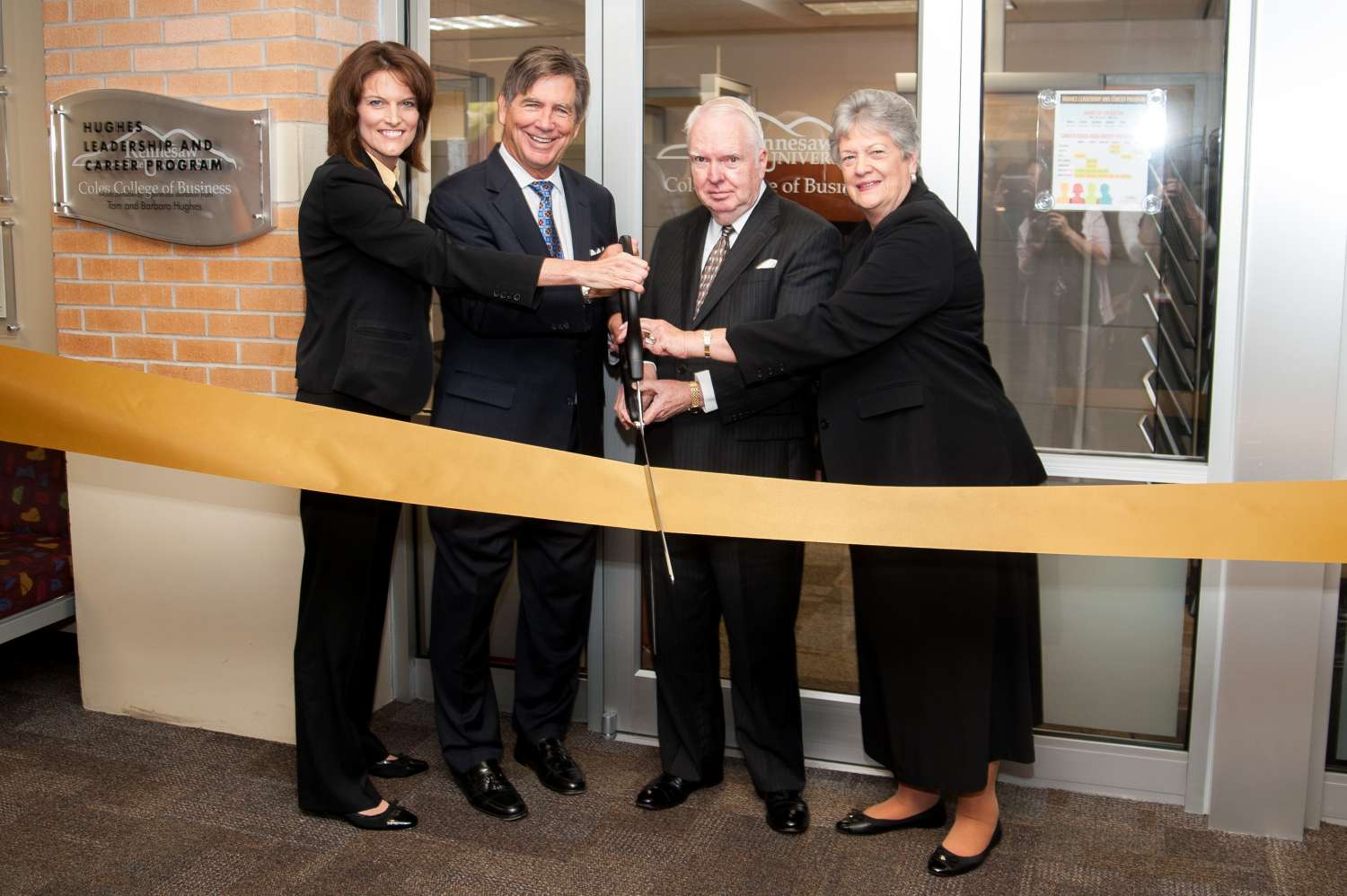 Becca Morrow, Production Manager //
Becca Morrow, Production Manager //
Keeping up with world news has never been my forte. Since I realize its importance, I’m making it a goal of mine to read more than just the headlines when it comes to major trending topics in news. One topic that plenty of people have been discussing around me lately is net neutrality. So, when I saw Brian Greene’s article titled “3 Ways the FCC Net Neutrality Vote Will Impact PR” on Twitter, I knew I had to read it. This article stuck out to me because offered an interesting perspective that I hadn’t considered before as it highlights how this major policy change affects my field of study, public relations. I’m still processing the whole idea of net neutrality, but I found Greene’s article to be a great help.
From what I understand, based on personal discussions and research from SaveTheInternet.com, certain Internet provider companies would like to charge customers who want to use high data streaming sites such as Netflix or YouTube for a premium account that grants them the speed necessary to enjoy these outlets. Net neutrality supporters believe that these companies shouldn’t be allowed to discriminate against customers based on their consumption choices or regulate Internet quality. I guess this debate has been going on for a while, but it seems like it’s approaching its peak. According to NPR, on February 26, the FCC voted to adopt net neutrality rules. This sounds like a win, right? Well, there are plenty of people who don’t trust that a government bureaucracy will make using the Internet any easier.
Back to how this will affect the PR industry; Greene mentions three main points in his article that communication professionals should consider. The first points out that the government will now have policies to protect those who communicate key messages through highly trafficked sites. The most noteworthy benefit of this is that our publics will be able to receive our messages without being discriminated against. Policies against net neutrality could become an entirely new classification of noise that can interrupt the communication process. AKA, it’d make our jobs even harder.
The second point discusses how there is a looming threat of chaos that comes with this policy. The Internet is an intangible thing, so how can one entity efficiently manage it? As if the FCC doesn’t have enough things to worry about. At this point, no one knows how this policy is going to work. I find this quote from American Civil Liberties Union’s legislative counsel Gabe Rottman sums up the situation nicely. Greene points out that “there will undoubtedly be growing pains” when it comes to the new policy, so I’d encourage all PR professionals to start a crisis plan sooner than later.





Nothing has been more grossly misrepresented by propaganda than Net Neutrality in a long, long time. Net Neutrality proponents stirred up public fears by pretending that so-called “last-mile” carriers like Comcast and AT&T wanted to charge consumers for “paid prioritization”. What was really at stake was who will pay for the infrastructure required for high-speed delivery of content to the last-mile carriers from large publishers (especially in video and gaming). The FCC rules leave this situation in the same unresolved state as before.
Consumers who don’t use the streaming services like Netflix should NOT be subsidizing the costs of delivering that content to other consumers. The only fair way to pay for these costs is to charge the publishers like Netflix for the fast lane service they are demanding and let them pass on those costs to their customers. When you connect to a last-mile provider as a consumer you should only be paying for the basic services they provide.
The FCC has excluded itself from regulating Internet access fees and deciding who should pay for the construction of the “fast lanes” that companies like Google and Netflix want to use to deliver their content to the carriers. So what you got with Net Neutrality was regulation without consumer protection. Meanwhile, Netflix is now saying it has “lobbyists’ remorse” because it may STILL have to pay for those fast lanes.
This is what happens when millions of people allow propaganda to make decisions for them instead of doing the research to understand the issues. The Internet places a great deal of information at your fingertips. Unfortunately, most people just don’t know how or don’t care enough to go get that information.